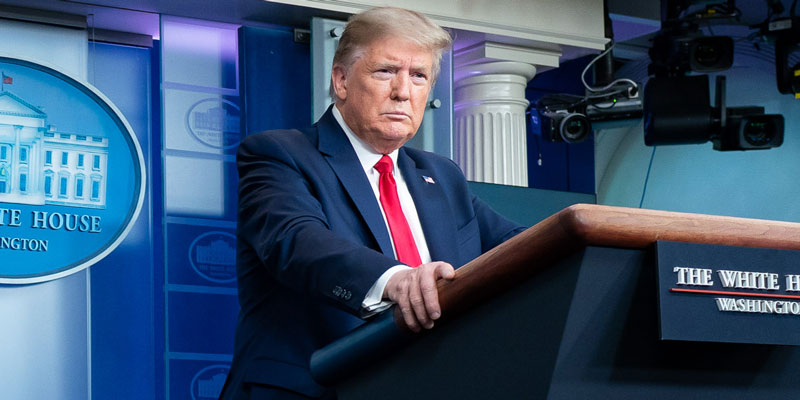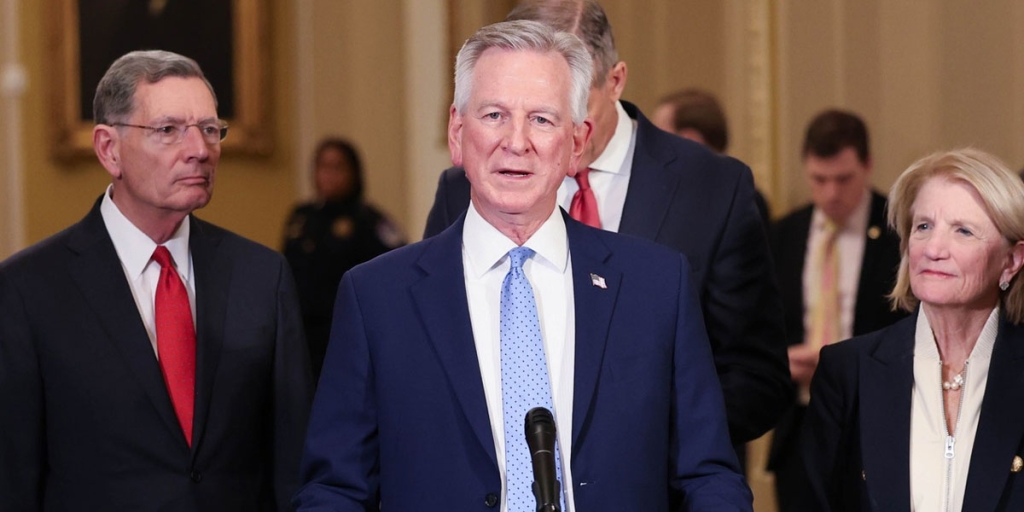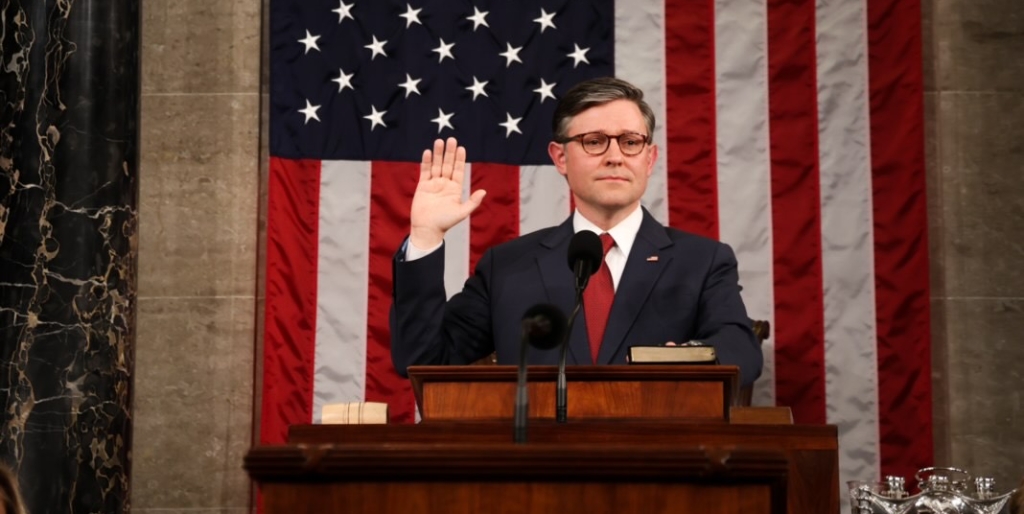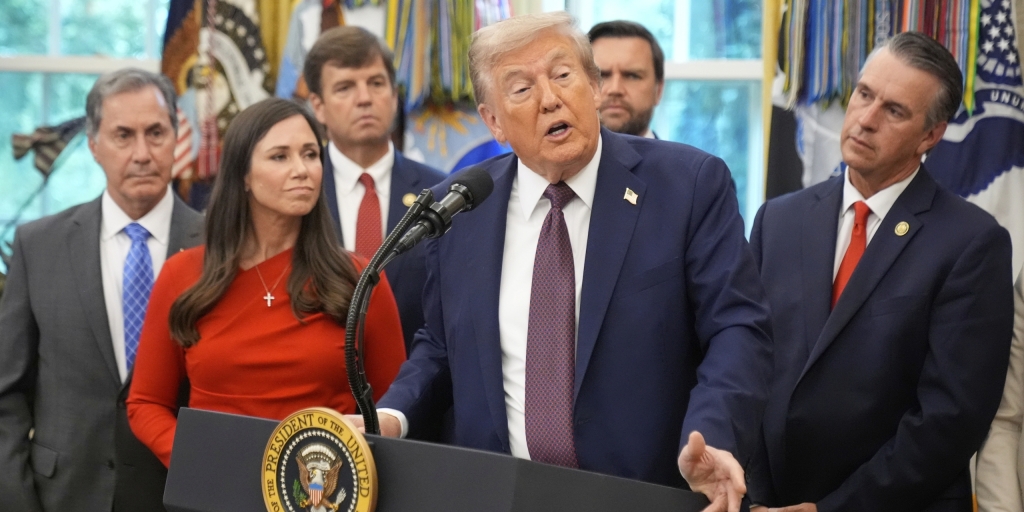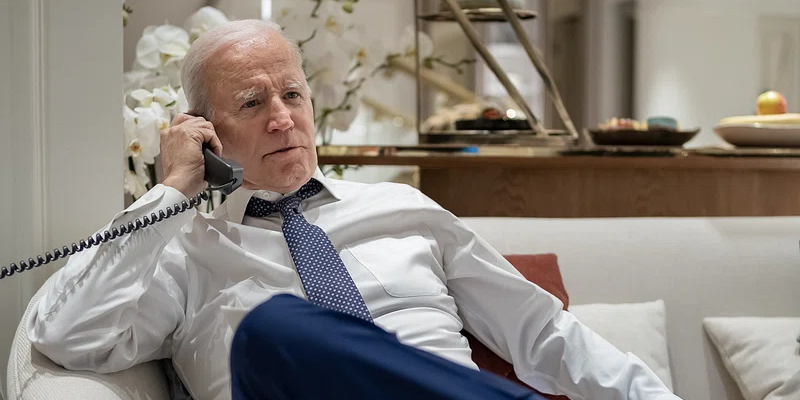On Monday, the U.S. Supreme Court ruled in favor of former President Donald Trump in a 6-3 vote, deciding that presidents have limited immunity from criminal prosecutions for actions taken while in office.
The Court said former President has absolute immunity for actions within his constitutional authority and presumptive immunity for all official acts — but no immunity for unofficial acts. The ruling also grants presidents a pretrial hearing on immunity that can be appealed to the Supreme Court before any trial begins, ensuring that any trial of Trump will occur after the November 5, 2024, election.
Alabama Attorney General Steve Marshall lauded the decision after leading an 18-state brief supporting former President Trump’s immunity. The brief argued that presidential immunity is a necessary bulwark against partisan prosecutions—a possibility the Founders of our Nation greatly feared.
Marshall argued that those briefs made a difference in the final decision.
“I am proud of our critical briefs which advocated for the protection of the Constitution and the office of the presidency,” he said. “I hope that the district court will get the message and dismiss this abusive prosecution. I look forward to working with a reelected President Trump to reverse the disasters of this Administration and make America great for all Americans.”
RELATED: Steve Marshall, AGs battle ‘unconstitutional’ gag order by Biden DOJ in attempt to silence Trump
“The Supreme Court recognized that until now our Nation has never before needed an answer’ for when a former President could face prosecution,” Marshall said. “If Biden were confident that he could win an election without his Justice Department prosecuting his political opponent, we would not have needed one today. But the Supreme Court correctly threw a wrench in this sordid scheme.”
U.S. Supreme Court Upholds Presidential Immunity https://t.co/qjecyT5y1w pic.twitter.com/X3j7TREhKJ
— Attorney General Steve Marshall (@AGSteveMarshall) July 1, 2024
The majority decision, written by Chief Justice John Roberts, said that a president is immune from prosecution for conducting “official duties” while in office, but also made the distinction that not everything a president does is considered an official act.
“Under our constitutional structure of separated powers, the nature of Presidential power entitles a former President to absolute immunity from criminal prosecution for actions within his conclusive and preclusive constitutional authority,” Roberts wrote. “And he is entitled to at least presumptive immunity from prosecution for all his official acts. There is no immunity for unofficial acts.”
The D.C. district court will now have to decide on whether Trump’s communications with state officials and his role in January 6th constituted official acts.
Yaffee is a contributing writer to Yellowhammer News and hosts “The Yaffee Program” weekdays 9-11 a.m. on WVNN. You can follow him on X @Yaffee




